Successful v/s unsuccessful business
succession.

 How do
you ensure its growth across generations?
How do
you ensure its growth across generations?
 Who will
lead the charge into a future filled with opportunity?
Who will
lead the charge into a future filled with opportunity?
 What’s
the best way to safeguard everything you’ve built?
What’s
the best way to safeguard everything you’ve built?

You’ve built an empire—businesses, assets, a legacy to be proud of. Now it’s time to secure its future. At FBTM, we help you make the right succession decisions for a seamless transition and a legacy that lasts. Your vision, our expertise—together for generations.

70% businesses fail during business succession. Successful ones follow a proven process. FBTM guides you to join the successful 30%.
Book Your Free Consultation Now

 The
Statistics Says
The
Statistics Says
Family businesses are the backbone of our economy and the heart of countless stories. At FBTM, we don’t just create plans—we create legacies. Our mission is to empower families to pass on not just businesses but dreams and values. Together, we’ll make sure your business continues to inspire for generations to come. We believe that every business has a story worth preserving, and our goal is to help you write its next great chapter.
Founder & CEO, FBTM GroupYour business represents years of dedication, innovation, and dreams. A poorly managed transition can jeopardize your legacy and years of hard work. With FBTM, you’re not just planning for the next leader—you’re planning for the next century of growth, resilience, and success, ensuring that your vision continues to inspire generations to come.

 Our
Steps
Our
Steps


 All in
One Information
All in
One Information

Business transitions succeed based on industry benchmarks and common challenges. Understanding these statistics helps families prepare effectively for succession.
Know More

Succession planning often falters due to unclear roles and family conflicts. Addressing these issues proactively can ensure sustainable leadership.
Know More
Engaging younger generations in family businesses fosters future leadership. Starting around 25-30 allows for the right balance of experience and enthusiasm.
Know More

Effective succession includes evaluation, planning, implementation, and review stages. Using charts clarifies responsibilities and timelines for smoother transitions.
Know More

 Our
Testimonials
Our
Testimonials


 FAQ’s
FAQ’s
Succession planning in family businesses is the strategic process of identifying and developing new leaders who can replace the current ones when they retire, pass away, or move on. It involves creating a roadmap that not only focuses on the operational aspects of the business but also incorporates the emotional and relational dynamics of family members. Effective succession planning minimizes disruptions, ensuring that the business can continue to thrive across generations.
Open and transparent communication is vital for a smooth transition. It fosters trust among family members, encourages collaboration, and helps to resolve conflicts early on. By maintaining regular dialogue about expectations, concerns, and the future direction of the business, family members can work together to build a shared vision and enhance overall unity.
Common challenges include the reluctance of founders to relinquish control, potential family conflicts over differing visions, and the unpreparedness of the next generation. These issues can lead to misunderstandings and financial losses if not addressed. Preparing heirs through training, involving them in decision-making, and creating a structured transition plan can mitigate these challenges..
Preparing the next generation involves a combination of mentorship, training, and active involvement in the business. This can include formal education in business management, hands-on experience in various business functions, and participation in family meetings to discuss strategic decisions. Creating a supportive environment where younger members feel empowered to contribute is essential for their development.
Engaging external experts, such as advisors or consultants, can provide an objective perspective and facilitate smoother transitions. They can help navigate complex issues, from financial planning to conflict resolution, ensuring that the process considers all aspects of the family's legacy and business goals. Utilizing professional guidance can be instrumental in developing a comprehensive transition strategy that supports long-term success

